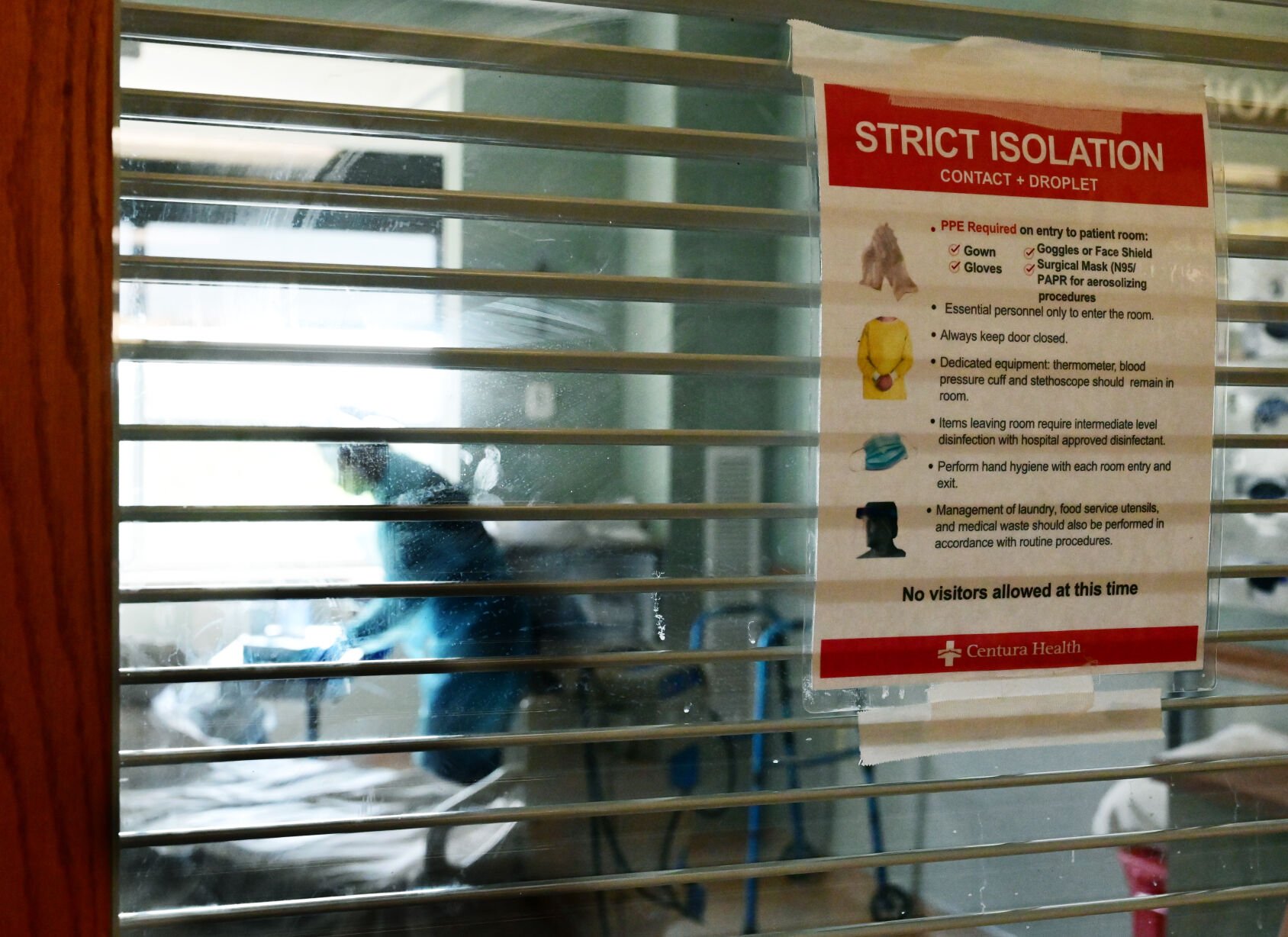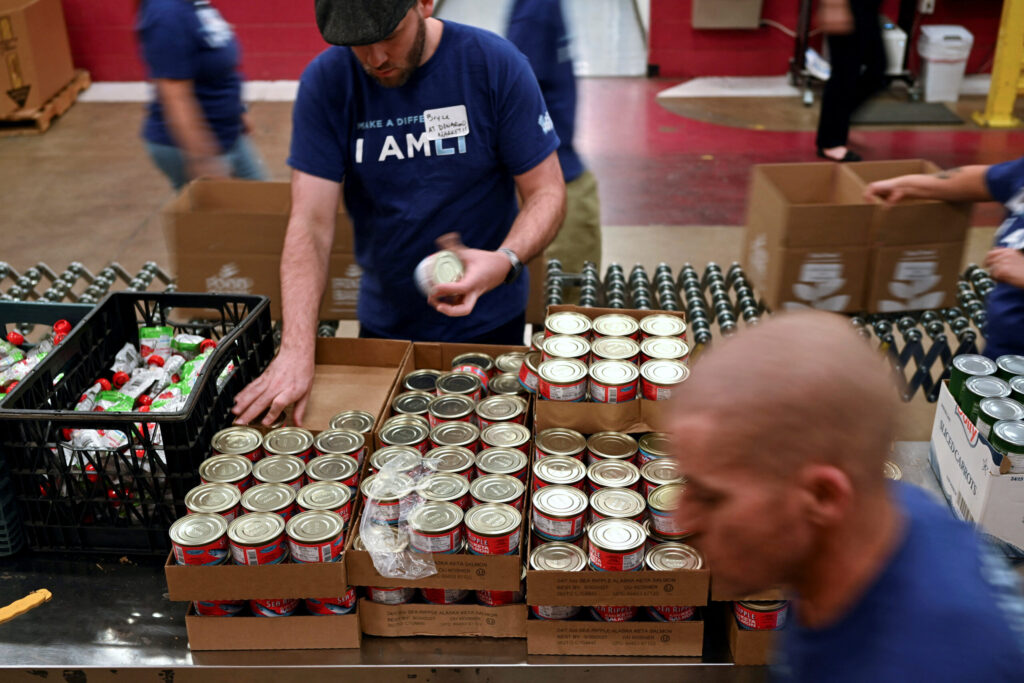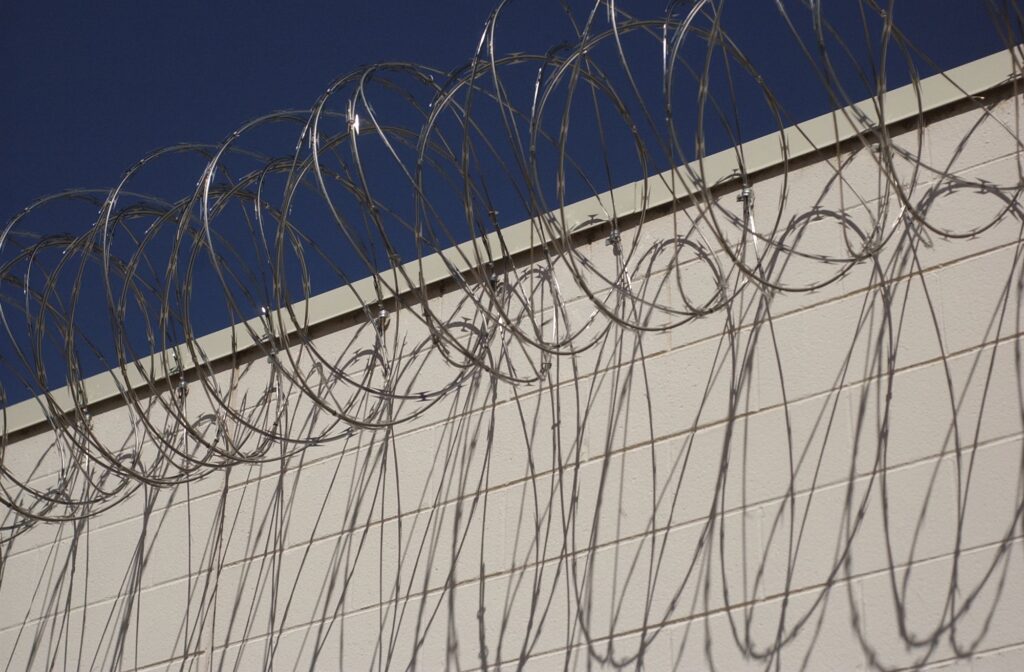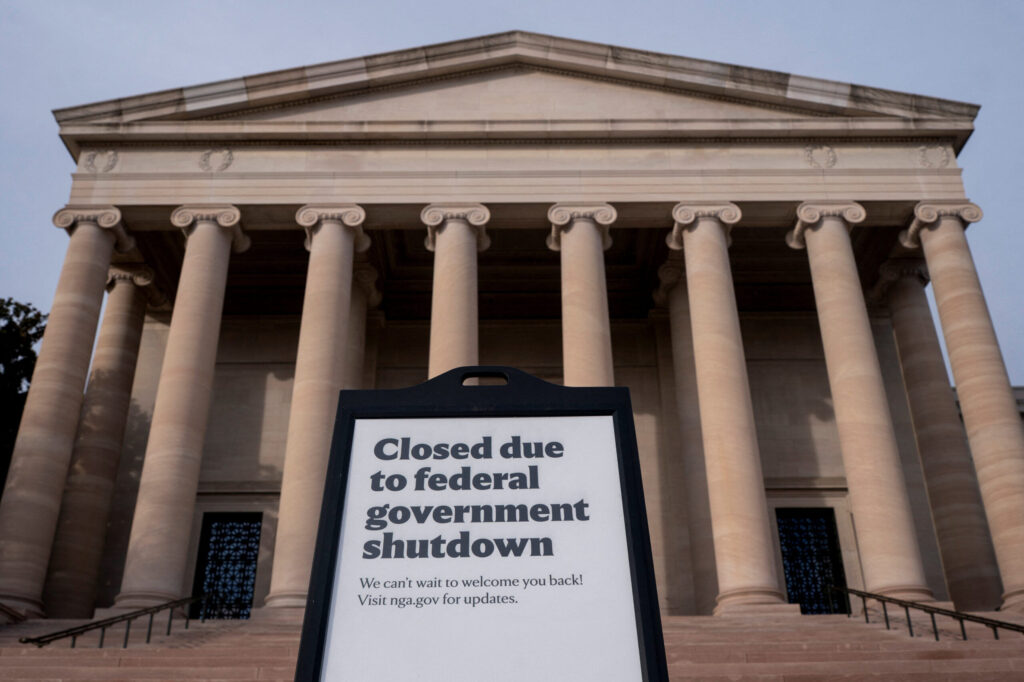Colorado scales back bed surge plans as COVID-19 metrics improve
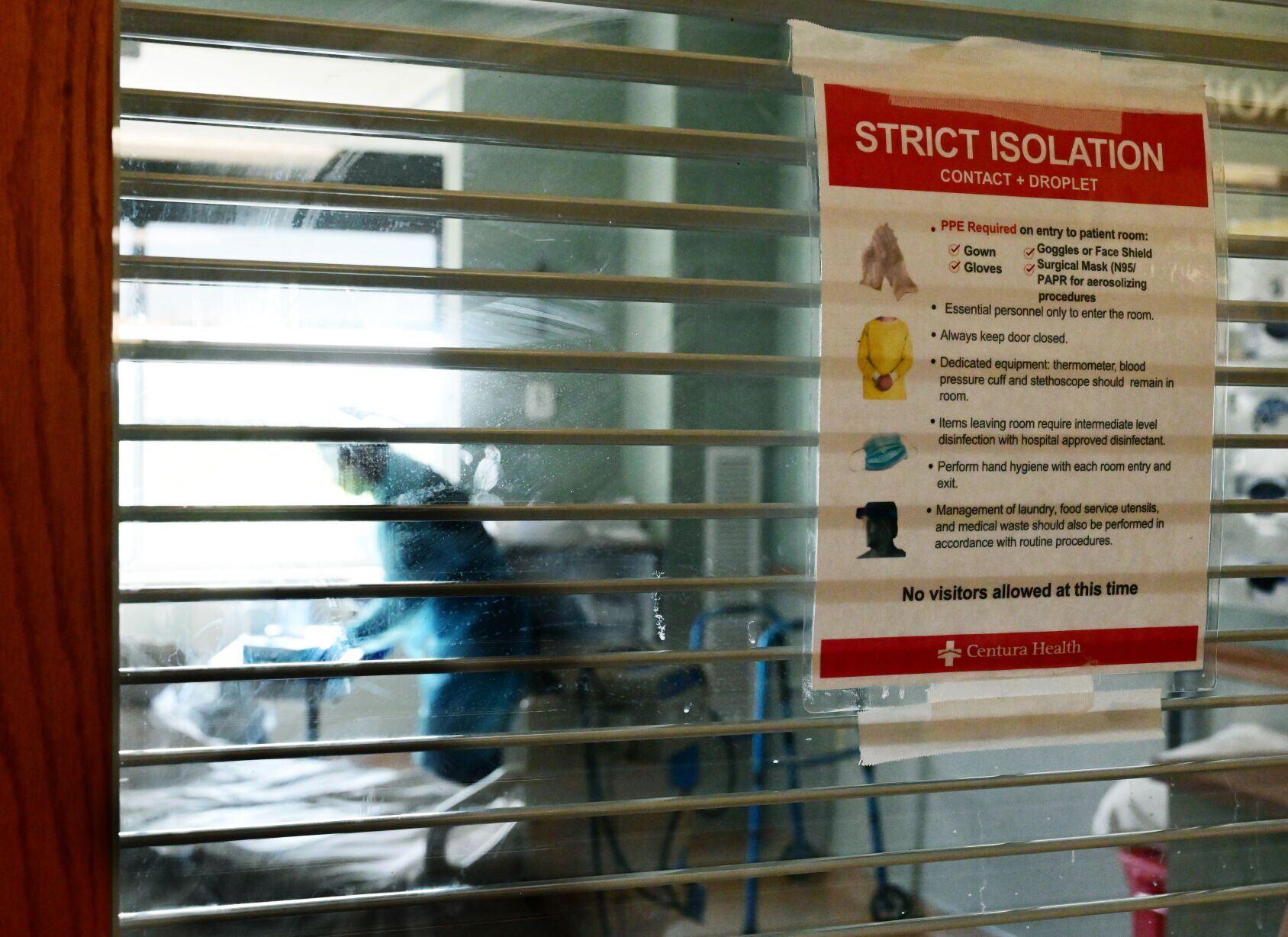
COVID-19 hospitalizations in Colorado have dropped by more than 200 patients in recent weeks, prompting the state to scale back its plan to surge 500 new hospital beds by next week.
But thanks to staffing shortages and an influx of sicker-than-usual patients, hospital bed capacity remains tighter than at any point in the pandemic. As of Thursday afternoon, there were 390 acute care and 68 intensive care beds left in Colorado. Last year, when there were more than 1,800 COVID-19 patients hospitalized, the state still had an equal amount of beds available.
Last month, Gov. Jared Polis announced several strategies to help prop up the hospital system, which at the time was projected to potentially be overwhelmed by the end of the year. One of those plans was to add 500 new beds by Dec. 15. To get there, the state signed two contracts worth $3.7 million with staffing agencies to send workers to long-term care facilities and hospitals. Occupancy in nursing homes has been far below pre-pandemic levels, thanks to staffing shortages, and that’s placed additional pressure on hospitals to keep patients longer.
Those contracts have brought in 110 workers – 60 to hospitals and 50 to long-term care facilities. Federal teams have also arrived to further reinforce health facilities. All of the $3.7 million is reimbursable through the Federal Emergency Management Agency, a spokeswoman for the state Department of Public Health and Environment said.
But the state has not reached 500 beds. Polis spokesman Conor Cahill said Tuesday night that 146 beds – 48 in hospitals and 98 in long-term care facilities – have been added. “Plans are in place,” he said, to add 176 more in the next week.
If those beds are added in that time period, that would bring the state’s total to 322. Cahill said that “current case data and projections do not project” the need for 500 beds and the state is confident more “could be added quickly if necessary.”
Neither the health department nor Cahill directly responded when asked how the state would add 176 beds in seven days, given that it’s taken weeks to surge 146.
To be sure, COVID-19 hospitalizations have improved. On Nov. 22, there were 1,565 patients hospitalized statewide. As of Thursday afternoon, the number had declined to 1,356. Cases also have fallen, along with the state’s positivity rate.
But overall capacity “is still a daily challenge, despite the recent small decline in COVID hospitalizations,” said Cara Welch, spokeswoman for the Colorado Hospital Association.
Asked if the state needed more capacity, Welch said: “It seems very likely that we will need additional beds” in the coming weeks. Hospitals are still close to instituting the crisis standards of care for triage, a worst-case measure that would begin rationing limited care to the sickest patients, she said.
“I think we’ll have to see if and how these additional beds are rolled out next week,” she said in an email, “and then if we start to see a continued increase on COVID patients again (not happening yet, but we might start to see any post-Thanksgiving bump start to affect hospitalization numbers next week).”
Throughout this latest surge, COVID-19 hospitalizations have been an exacerbating, not dominant, factor in straining bed space. Staffing shortages and the impacts of delayed care – meaning patients who didn’t get preventive or regular treatment and are now sicker – are simultaneously limiting space and pushing up volume. Several providers who spoke to The Denver Gazette this week about the impacts of delayed care said the situation is unlike any they’ve seen, in terms of its length and severity.
“Never in my life,” said Richard Zane of UCHealth. “I’ve been doing this (since) 1993.”
He said the hospital system would be dealing with the ramifications of delayed care, driving higher volume and sicker patients, for some time.
